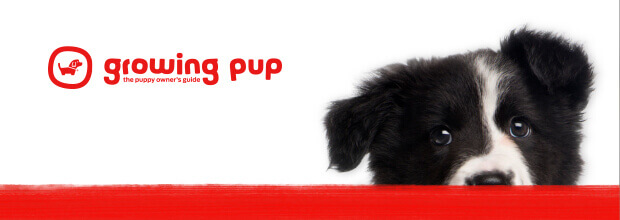- Dog suitable for non-experienced owners
- Basic training required
- Enjoys gentle walks
- Enjoys walking half an hour a day
- Small dog
- Minimum drool
- Requires grooming daily
- Hypoallergenic breed
- Chatty and vocal dog
- Guard dog. Barks and alerts
- Great with other pets
- Great family dog














